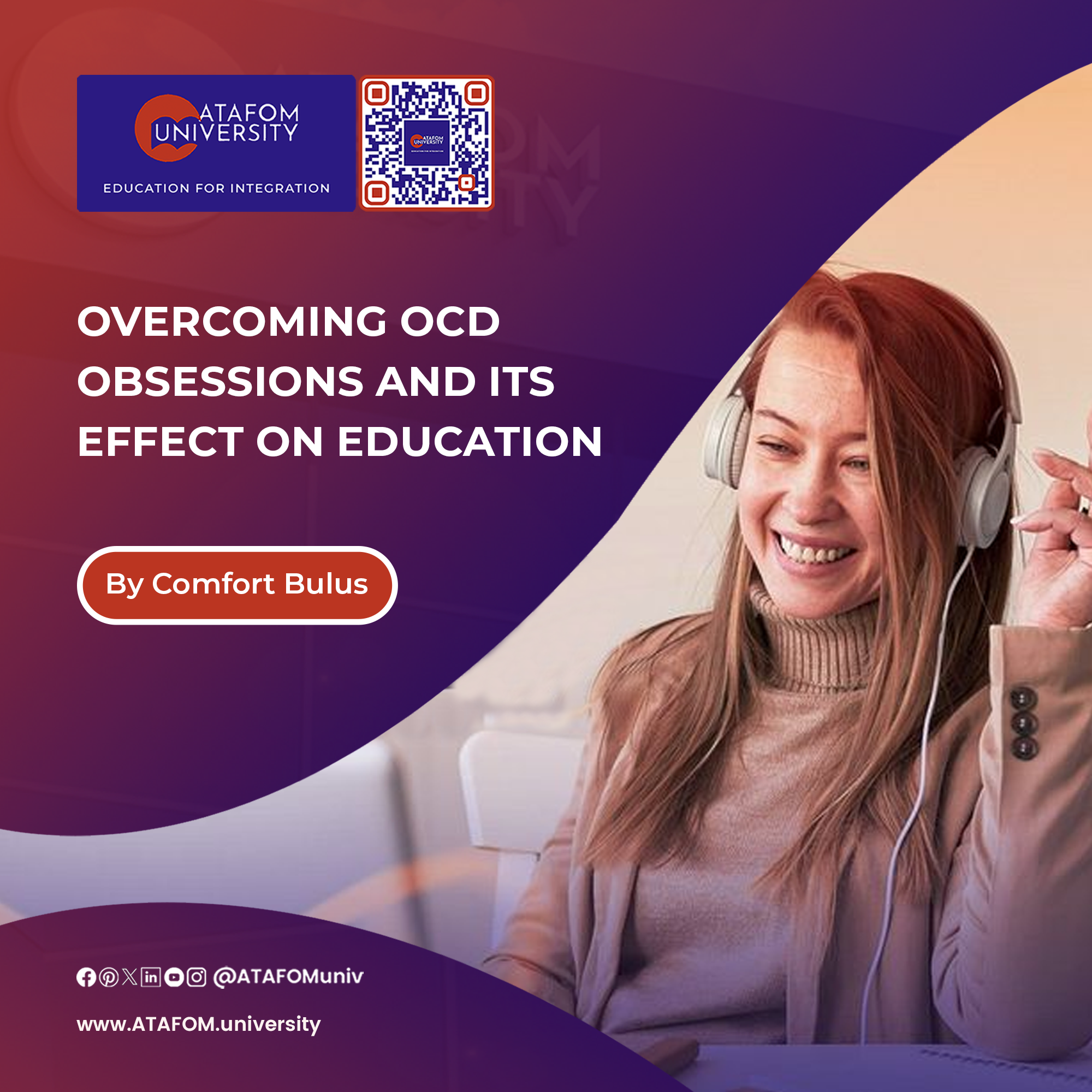Obsessive-compulsive disorder (OCD) can dramatically disrupt academic life for students from elementary school to college. Students with OCD may struggle with focus, assignments, and task completion as a result of rituals such as handwashing, rewriting sentences, and reorganising notes. Intrusive thoughts can impair study and cause distress, resulting in missed school days or even leaving out. Undiagnosed or untreated OCD can have a substantial influence on a student’s academic career. Understanding the impact of OCD on academic progress is critical, as is offering resources to help students both in and out of the classroom.
OCD is a condition marked by intrusive and obsessive thoughts, ideas, or desires that can result in compulsions to suppress these thoughts or reduce distress. It affects millions of people in the United States, including children, and it can have an impact on kids of all ages in school. A 2018 study in Sweden discovered that people with OCD were 40% to 60% less likely to complete scholastic milestones in their mid-teens and 28% less likely to begin a university programme. If they did, they were 41% less likely to get a degree and 48% less likely to complete postgraduate studies. The study discovered that academic underachievement was consistent among high school and college-aged individuals.
OCD symptoms might appear in school, notably during tests, breaks, group projects, and extracurricular activities. High-stress circumstances can increase OCD symptoms, making it difficult for students to stay on track. These triggers include reading and writing projects, responding to class questions, communal places, disorganised spaces, windows and doors, and intrusive thoughts about teachers, classmates, and roommates. Reading and writing tasks can be stressful, resulting in long hours, late submissions, and sleep deprivation. Answering questions aloud can also increase anxiety and provide reassurance. Disorganised areas, windows, and doors can all provoke OCD. These triggers can make the classroom a stressful and unfamiliar atmosphere, causing students to struggle with completing assignments, focusing on work, and participating in class, all of which have a substantial impact on their learning experience and enjoyment of the topic.
A proactive approach to OCD-related academic challenges can assist adolescents in coping and succeeding in the classroom. Sticking to the school schedule, having open interactions with instructors and administrators, adopting a stress-management plan, and obtaining school modifications, which may be mandated by law under the Individuals with Disabilities Education Act (IDEA), are some coping strategies.
OCD treatment options include exposure and response prevention (ERP) therapy, which involves directly addressing triggers. It encourages people to confront their thoughts and feelings rather than compulsions. Repeated exposure to triggering cues reduces the fear reaction to them. ERP therapy is 90% successful in OCD patients and can also assist pupils build methods to deal with triggers at school. However, it cannot alleviate symptoms overnight.
Obsessive-Compulsive Disorder (OCD) is a condition in which repeated thoughts, worries, or obsessions dominate daily life. Consider numerous ways of coping with and overcoming OCD. Obsessions should be treated as irrelevant noise, and problems should be postponed, written down, and set aside time for them. Create a support network by talking to friends and family or obtaining professional help from therapists who specialise in OCD treatment. Participate in support groups with people who are facing similar issues. Celebrate minor triumphs, practise patience, and reward yourself for progress. Positive reinforcement can help you stay committed to your recovery and overcome OCD.
Do you desire flexibility in learning? Are you looking for a system that will accept you despite your challenges or setbacks? If your answer to these questions is in the affirmative then ATAFOM University International is the place for you. At ATAFOM University International we are not just a University but a community. Our community of educators are drawn from five continents of the world teaching an international community of students. Our programs use education to integrate students from different countries for a worthwhile experience irrespective of their challenges. The single motivation we need is the willingness to learn. Enrol today at ATAFOM University, the gateway to opportunity and success.


